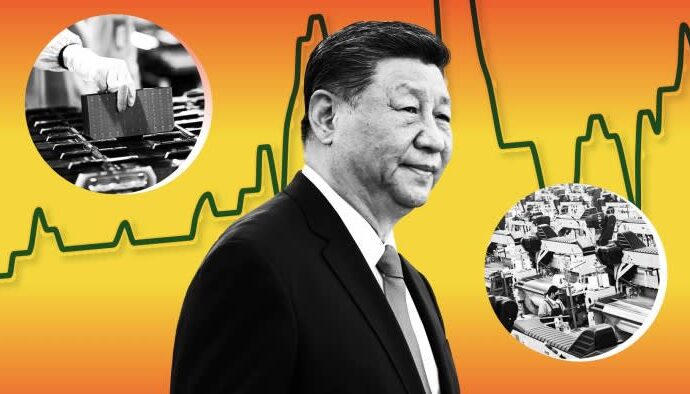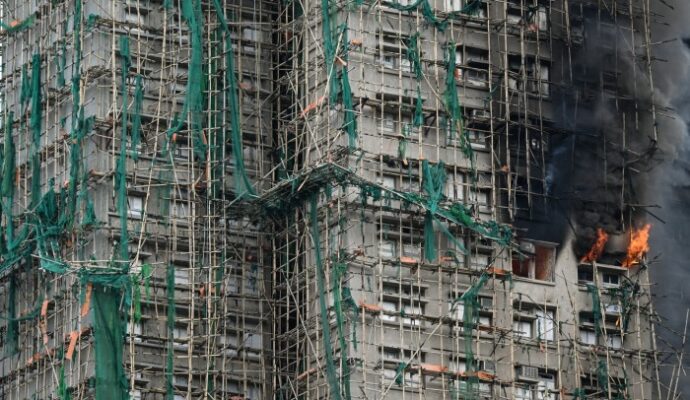Unlock the Editor’s Digest for free
Roula Khalaf, Editor of the FT, selects her favourite stories in this weekly newsletter.
Foreign spies are “aggressively” targeting Australia in sectors spanning rare earths to Antarctic research and even stealing rare plants, according to the head of the country’s intelligence service, as he estimated the financial damage from espionage for the first time.
Australia’s role in the Aukus nuclear submarine pact with the US and UK was also the subject of “a very unhealthy” amount of interest from foreign intelligence services, said Mike Burgess, director-general of security at the Australian Security Intelligence Organisation.
He said that espionage had cost the country’s economy A$12.5bn (US$8bn) in 2024, according to research ASIO conducted with the Australian Institute of Criminology. It is the first time that ASIO has estimated the annual cost of successful espionage attempts.
Burgess described the figure, which included state-sponsored intellectual property theft as well as the costs of countering and responding to attacks, as “conservative”, noting that it did not include incidents where victims were not aware they had been targeted or had not reported it.
“This means the most serious, significant and cascading costs of espionage are not included,” he said on Thursday.
ASIO had detected and disrupted 24 major espionage and foreign interference attempts in the past three years — more than the previous eight combined — according to Burgess.
The agency named China, Russia and Iran as “very active” in espionage in the region, highlighting attempts by foreign agents to infiltrate government agencies and the defence industry as well as media organisations, legal firms, businesses and academia.
Burgess said three people were currently facing espionage-related charges, and that attempts to infiltrate the Aukus submarine pact would result in further action. “I am confident there could be more if anyone tries to compromise Aukus,” he said.
Australia and New Zealand — members of the “Five Eyes” intelligence sharing network that also includes the US, UK and Canada — have become targets for foreign intelligence agencies.
Kash Patel, director of the FBI, opened the US agency’s first office in New Zealand on Thursday, which he said would work towards “countering” the Chinese Communist party in the Indo-Pacific region and collaborate to tackle the narcotics trade and ransomware attacks.
Burgess added that Australia was seeing more aggressive attempts to access information beyond traditional target sectors, with science and technology research, mining processing and commercial investments all coming under increased scrutiny.
Burgess cited anonymous examples of Australian companies that had trade secrets and innovations stolen by foreign agents.
He said one defence company had suffered a malware attack that resulted in blueprints being handed to foreign state-owned enterprises to mass produce “knock offs”, which cost it millions of dollars in revenue.
In another example, Burgess said a member of a foreign delegation visiting an Australian horticultural facility was caught in a restricted area taking photos of a rare variety of fruit tree.
The images were deleted but the delegate managed to smuggle branches of the tree out of the lab and overseas. “Almost certainly, the stolen plant material allowed scientists in the other country to reverse engineer and replicate two decades of Australian research and development,” Burgess said.
Burgess warned that ASIO had also foiled countless lower-level attempts to recruit or trick people with security clearance or access to sensitive information.
He said that information posted online could be a boon to foreign intelligence agents, with nearly 2,500 Australians boasting on social networking sites that they had security clearance, and 400 who explicitly said they were working on Aukus. “This still makes my head spin,” he said.

